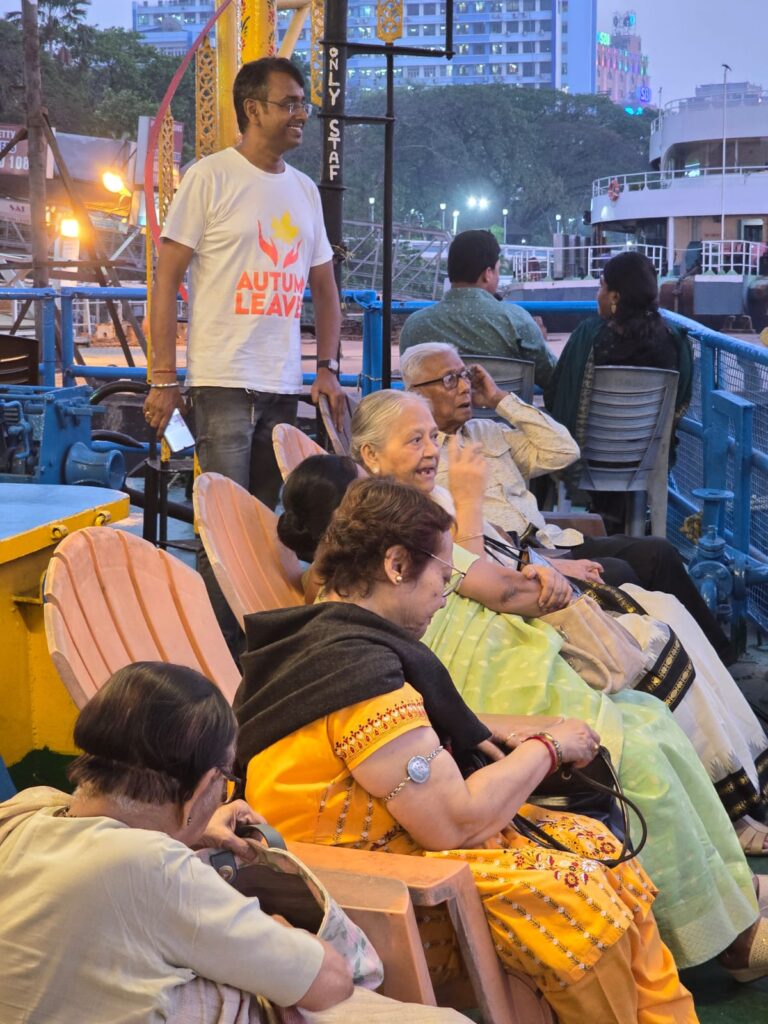Packing Essentials for Elderly Travelers
Traveling as a senior can be one of the most enriching experiences of life, whether it’s a leisurely vacation, a family visit, or a spiritual journey. However, elderly travelers often face unique challenges such as mobility issues, health considerations, and the need for extra comfort. Proper packing can make all the difference, ensuring a safe, stress-free, and enjoyable trip. Here’s a detailed guide on what to include in your travel bag.
1. Medical Essentials
Health should always be the top priority. Pack all prescription medications in their original containers, along with a printed list of dosages, allergies, and any health conditions. Include a compact first-aid kit with essentials such as band-aids, antiseptic wipes, painkillers, antacids, and any specialty items like inhalers or glucose monitors. For travelers using medical devices like oxygen concentrators or CPAP machines, confirm airline or transport guidelines and pack any required accessories, spare parts, or batteries.
2. Comfortable Clothing and Footwear
Comfortable clothing is crucial for elderly travelers. Opt for lightweight, breathable clothes that can be layered to adjust to temperature changes. Pack easy-to-wear shoes with proper support to prevent fatigue during sightseeing. Don’t forget socks, undergarments, sleepwear, and a lightweight jacket or shawl. Choosing wrinkle-resistant clothing can also save time and reduce stress.
3. Travel Documents and Identification
Keeping travel documents organized is essential. Carry your passport, ID cards, tickets, travel insurance papers, hotel confirmations, and emergency contact information in a single travel pouch. Having digital copies of all important documents on your smartphone or cloud storage provides a backup in case of loss or theft.
4. Personal Care and Hygiene Items
A small toiletry kit including a toothbrush, toothpaste, shampoo, deodorant, and skincare essentials is important. Include glasses, hearing aids, dentures, and any necessary cleaning solutions or batteries. Pack a water bottle, hand sanitizer, tissues, and a travel towel to stay comfortable and hygienic throughout your journey.
5. Assistive Devices and Mobility Support
For seniors who rely on mobility aids, ensure they are travel-friendly. Lightweight, foldable canes, portable walkers, or wheelchairs can make getting around much easier. Consider items such as magnifying glasses, hearing amplifiers, or ergonomic back supports to improve comfort during long trips.
6. Entertainment and Mental Engagement
Long journeys can be tiring, so keeping yourself entertained is important. Books, e-readers, tablets, or crossword puzzles can help pass the time. Headphones, music players, or podcasts provide relaxation, while a small travel pillow, neck cushion, or blanket ensures comfort during flights, trains, or road trips. Pack snacks and bottled water that comply with dietary restrictions to maintain energy levels.
7. Emergency Preparedness
Safety is crucial for elderly travelers. Carry a list of emergency contacts, local hospital numbers, and your doctor’s details. Items like a small flashlight, whistle, or personal alarm can add a sense of security. Consider a travel insurance plan that covers medical emergencies, trip cancellations, and lost luggage for peace of mind.
8. Organizing Your Luggage
Use lightweight, wheeled luggage or backpacks to reduce strain. Packing cubes or labeled pouches help organize clothes, medications, and accessories for easy access. Keep frequently used items in a separate compartment for quick retrieval. Avoid overpacking; focus on essentials to make travel easier and more enjoyable.
Final Thoughts
With thoughtful planning and proper packing, elderly travelers can explore the world safely, comfortably, and with confidence. Every item you pack should contribute to convenience, safety, or enjoyment. By following this guide, seniors and caregivers alike can ensure that every trip is a joyful and memorable experience.





